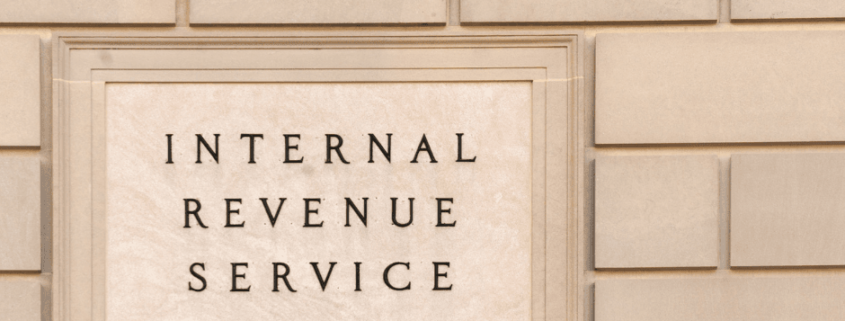The IRS Backlog Is Causing Taxpayer Heartburn
- Learn how COVID-19 has caused tax-return processing delays.
- Discover how Congress helped to create the backlog.
- Learn about a taxpayer advocate’s assessment.
- Find out where the backlog stands now.
Before the COVID-19 pandemic, the IRS issued refunds swiftly and responded to calls and correspondence in a timely manner. However, COVID-19 brought about a perfect storm of delays. Employees had to stay home due to lockdowns, processing centers could not operate, and workers could not go to their offices. And in most instances, IRS employees could not work from home because of the secure nature of their tasks and the IRS’s computer system.
How Congress Contributed to the IRS Backlog
Congress also heaped more work on the IRS by making the service responsible for distributing the economic recovery payments (stimulus payments). They did this not just once but three times. Plus, Congress made retroactive tax changes, which required the IRS to modify already filed tax returns. Bottom line: it has been a rough couple of years for the IRS. It is also taking a long time for them to catch up.
More recently, Congress mandated paying eligible taxpayers 50% of their child tax credit for 2021, estimated based on the 2020 return information, in six monthly installments from July through December. This places an additional burden on IRS resources.
For those who hadn’t filed their 2020 return yet, the third economic recovery payment and the advance child tax credit payments were based on their 2019 tax return. But as people filed their 2020 returns, the IRS needed to recalculate the amounts of the payments so that taxpayers weren’t shorted. These do-overs take away time that otherwise could be spent working through the backlog of correspondence and amended returns for prior years and processing the 2020 returns being filed on extension.

Working Through the Logjam
One of the IRS watchdogs, National Taxpayer Advocate Erin Collins, applauded the IRS in her mid-year report to Congress. She hailed its ability to process most returns in a timely manner and issue most of the economic recovery payments. It accomplished this despite all of its added responsibilities.
According to the advocate, the IRS did not have time to adjust its systems for the last-minute Dec. 27, 2020, legislation that made changes for the 2021 filing season. This required the IRS to manually verify the returns for which the taxpayer elected to use their 2019 earned income to claim the 2020 earned income tax credit or the additional child tax credit.
Unlike prior years, the IRS had to deal with a large volume of returns requiring manual reviews. At the end of the 2021 tax season, the IRS had over 35 million individual and business returns backlogged.
But the IRS is chipping away at the logjam. As of the end of July 2021, the backlog was down to 13.8 million returns.
Be Patient
So, if you are caught up in the gridlock, not much can be done except to be patient. But there’s some good news – if the IRS owes you a refund that’s been delayed, they’ll likely pay you interest at the annual rate of 3%.
There are not enough IRS employees to field all the calls about “Where is my refund?” or other issues, and anyone who does get through on the phone is lucky. Most spend hours on hold and never get through.
We are not trying to make excuses for the IRS. However, we must let you know what the problems are and that it may be a bit longer for them to catch up. Need help in the meantime? Call Fiducial at 1-866-FIDUCIAL or make an appointment at one of our office locations to discuss your situation.
Ready to book an appointment now? Click here. Know someone who might need our services? We love referrals!
For more small business COVID-19 resources, visit Fiducial’s Coronavirus Update Center to find information on SBA loans, tax updates, the Paycheck Protection Program, paid sick and family leave.









